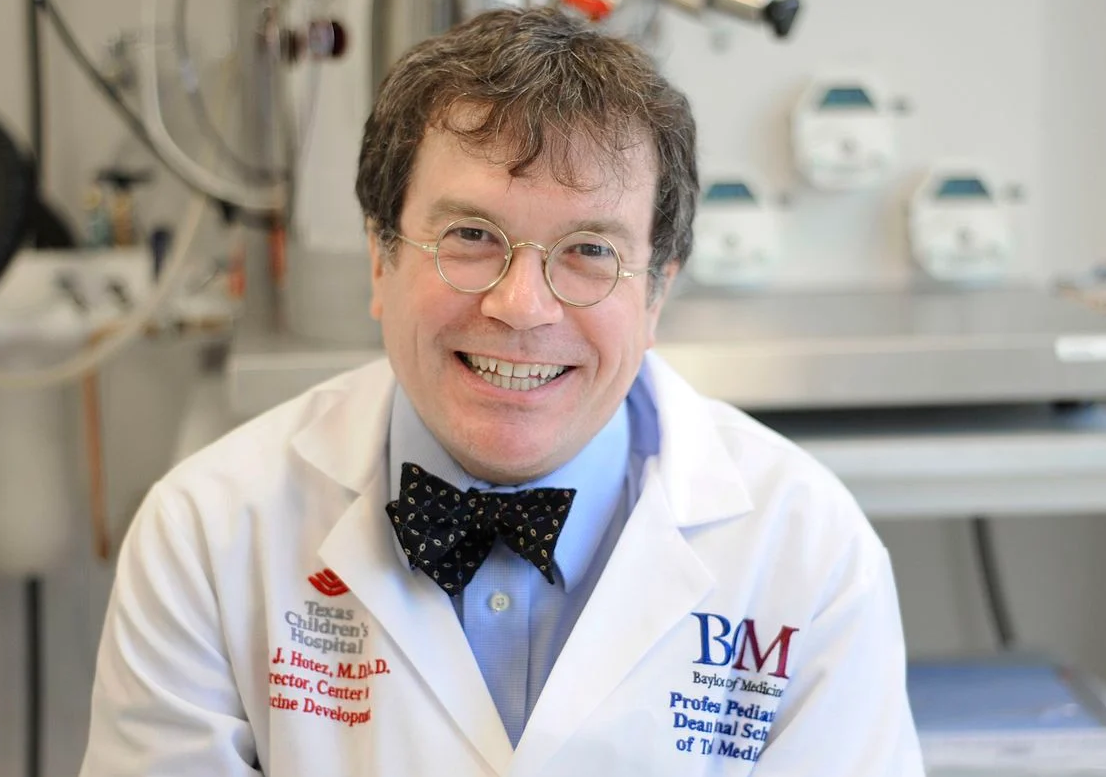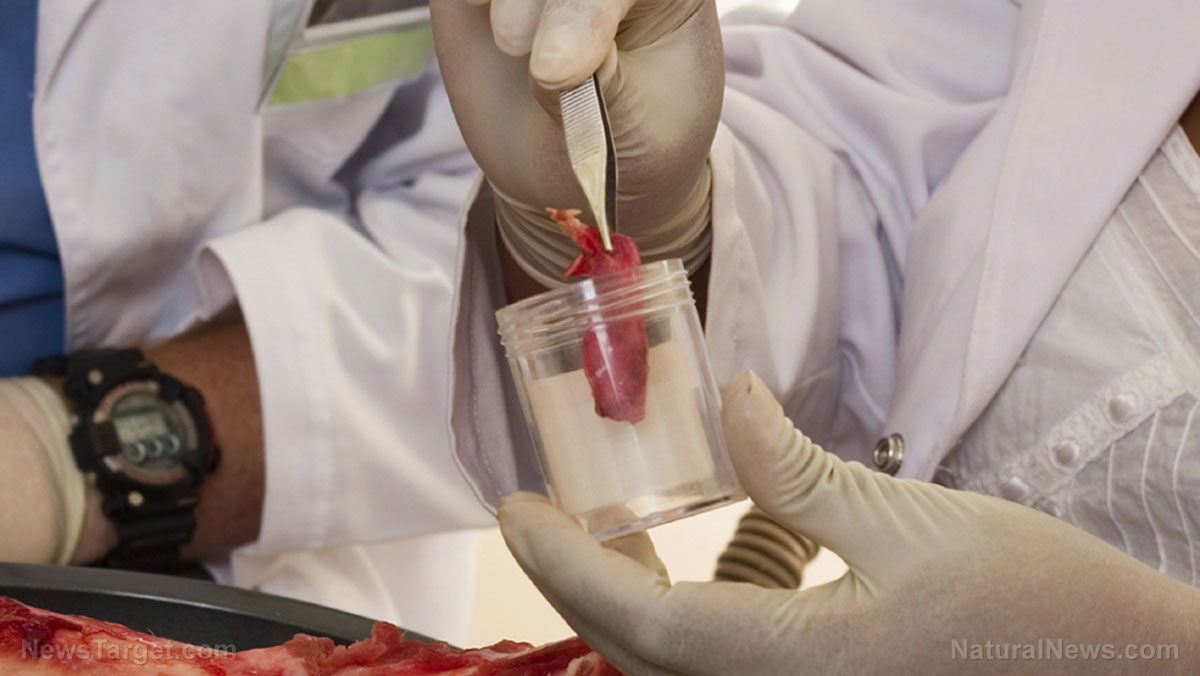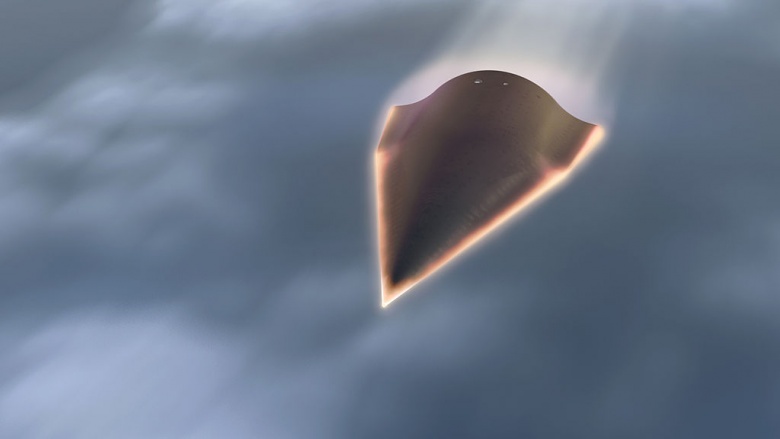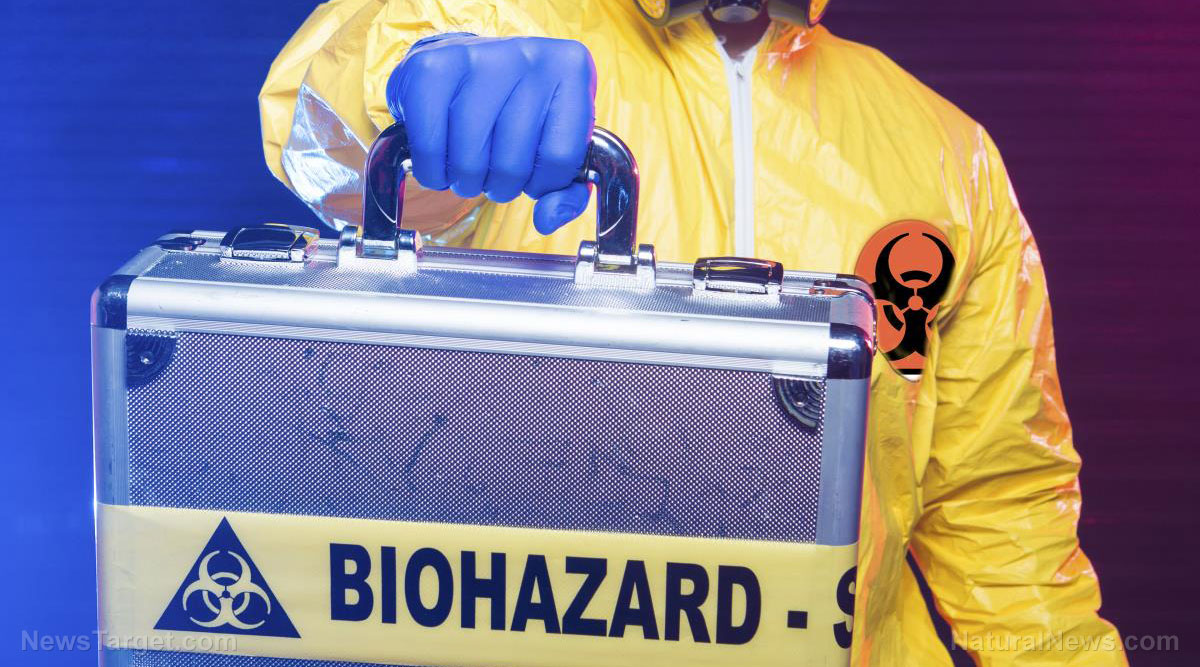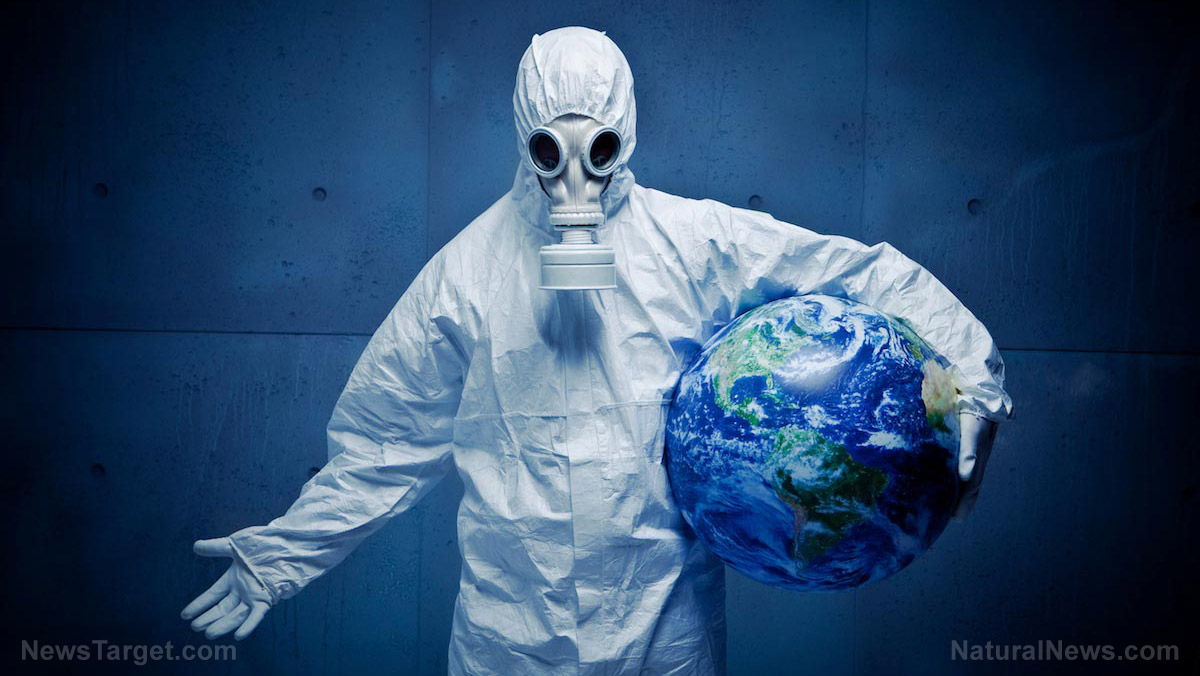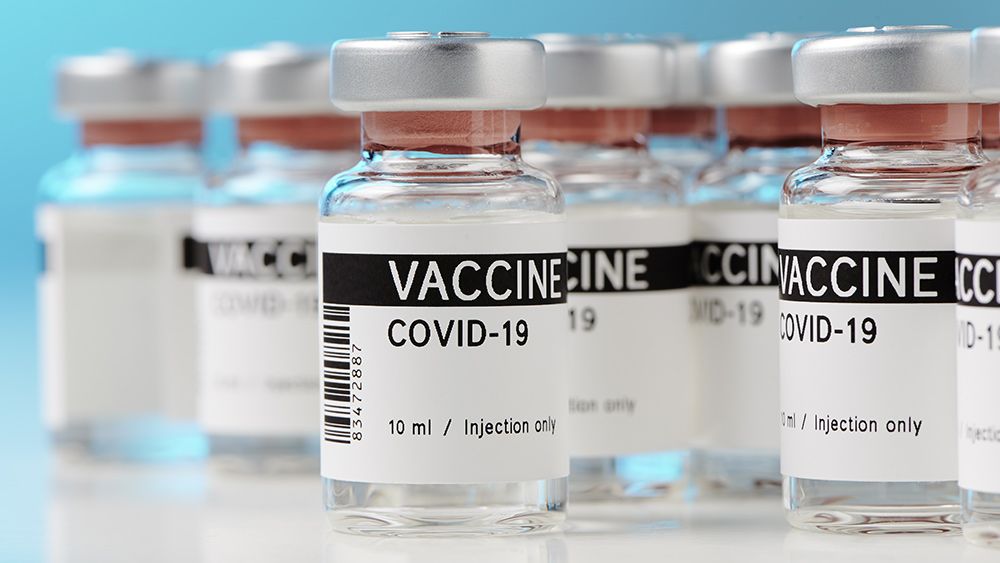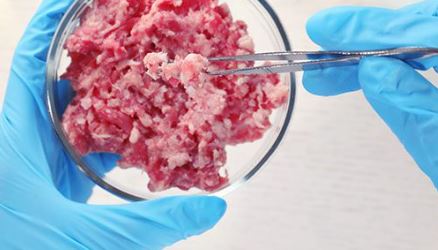Three scientists from Wuhan lab identified as first carriers of COVID-19
06/20/2023 / By Laura Harris
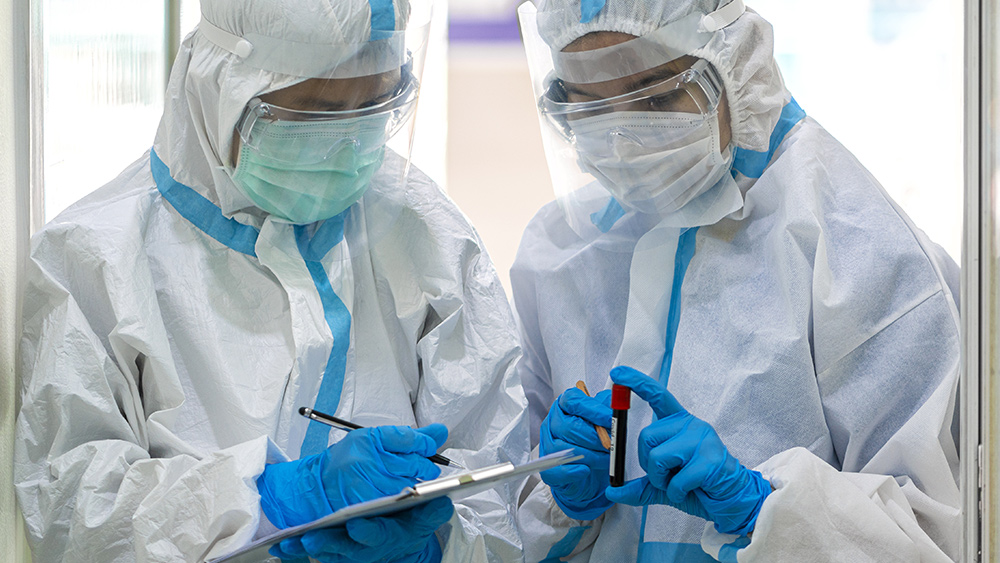
Three scientists from the Wuhan Institute of Virology (WIV) in the capital of China’s Hubei province were reportedly the first ones infected with the Wuhan coronavirus (COVID-19).
The revelation came as part of a lengthy investigation by the Public and Racket newsletters, which involved interviews of multiple U.S. government officials. The outlets disclosed that three WIV researchers – Ben Hu, Yu Ping and Zhu Yan – were infected by SARS-CoV-2 while doing gain-of-function research on the pathogen at the institute in the city of Wuhan. All three scientists fell ill in the fall of 2019 while studying ways to make SARS-CoV-2 more infectious and lethal, purportedly to “better understand their dangers.”
It came four months after Christopher Wray, director of the Federal Bureau of Investigation (FBI), stated that his office believes that COVID-19 likely originated from an accidental outbreak at a laboratory. It also challenged the notion that the pandemic’s origins may be impossible to determine – a claim espoused by most officials, notably infectious disease expert and former White House Chief Medical Advisor Dr. Anthony Fauci.
“The FBI has, for quite some time now, assessed that the origins of the pandemic are most likely a potential lab incident in Wuhan,” the FBI director told Bret Baier of Fox News.
However, with the identities of the first infected individuals now known, answers regarding the origins of SARS-CoV-2 appear to be within reach. Initially, the narrative claimed COVID-19 began at the Huanan Seafood Wholesale Market in the capital of Hubei province, 40 minutes away from the WIV. (Related: Virus expert at Wuhan lab denies COVID-19 lab leak theory.)
Wuhan scientists performed lab research without proper safety measures
Hu and Ping, two of the infected scientists, co-authored a paper on the genetic lineage of SARS-related coronaviruses in bats across China back in 2019. They had been studying the viruses under the tutelage of virologist Dr. Shi Zhengli. Dubbed as the “bat woman of China” for her extensive research on bat coronaviruses, Shi has faced significant scrutiny since the COVID-19 pandemic broke out in Wuhan.
Molecular biologist Alina Chan described Hu as “the next Shi,” citing his involvement in making chimeric SARS-like viruses and testing them in humanized mice. She added: “He was her star pupil. If I had to guess who would be doing this risky virus research and most at risk of getting accidentally infected, it would be him.”
Chan also expressed concerns about the risky nature of the study and the possibility of accidental infections. One video from 2017 aired by Chinese state-run television showed Hu watching a lab worker handle specimens without protective gear. She remarked: “If they were worried about being infected in the field, they would need full body suits with no gaps.”
Chan is not alone with her concerns regarding the WIV. The institute conducted research at the lower biohazard safety level 2 (BSL-2). In contrast, SARS-CoV-2 can escape a more stringent BSL-3 facility and infect fully vaccinated lab workers.
The U.S. Department of State previously acknowledged suspicions that several researchers at the institute fell ill in the autumn of 2019 with symptoms consistent with COVID-19 and common seasonal illnesses.
Meanwhile, China repeatedly denied the lab-leak theory and accused the FBI of politicizing the issue. It’s still refusing to allow independent investigators to look into the allegations surrounding the WIV.
Pandemic.news has more stories about the origins of COVID-19.
Listen to Dr. Shi Zhengli denying WIV’s involvement in military research in March 2021.
This video is from the Chinese taking down EVIL CCP channel on Brighteon.com.
More related stories:
Video reveals Wuhan laboratory kept bats despite claiming it did not.
Sick lab scientists in Wuhan fuel questions about pandemic’s origin.
U.S. investigators say covid came from classified bioweapons program at Wuhan lab.
Sources include:
Submit a correction >>
Tagged Under:
bat coronaviruses, Ben Hu, biological weapons, China, covid origins, covid-19, gain-of-function research, infections, outbreak, pandemic, SARS-CoV-2, Shi Zhengli, Wuhan coronavirus, Wuhan Institute of Virology, Yu Ping, Zhu Yan
This article may contain statements that reflect the opinion of the author
RECENT NEWS & ARTICLES
COPYRIGHT © 2017 RESEARCH NEWS


